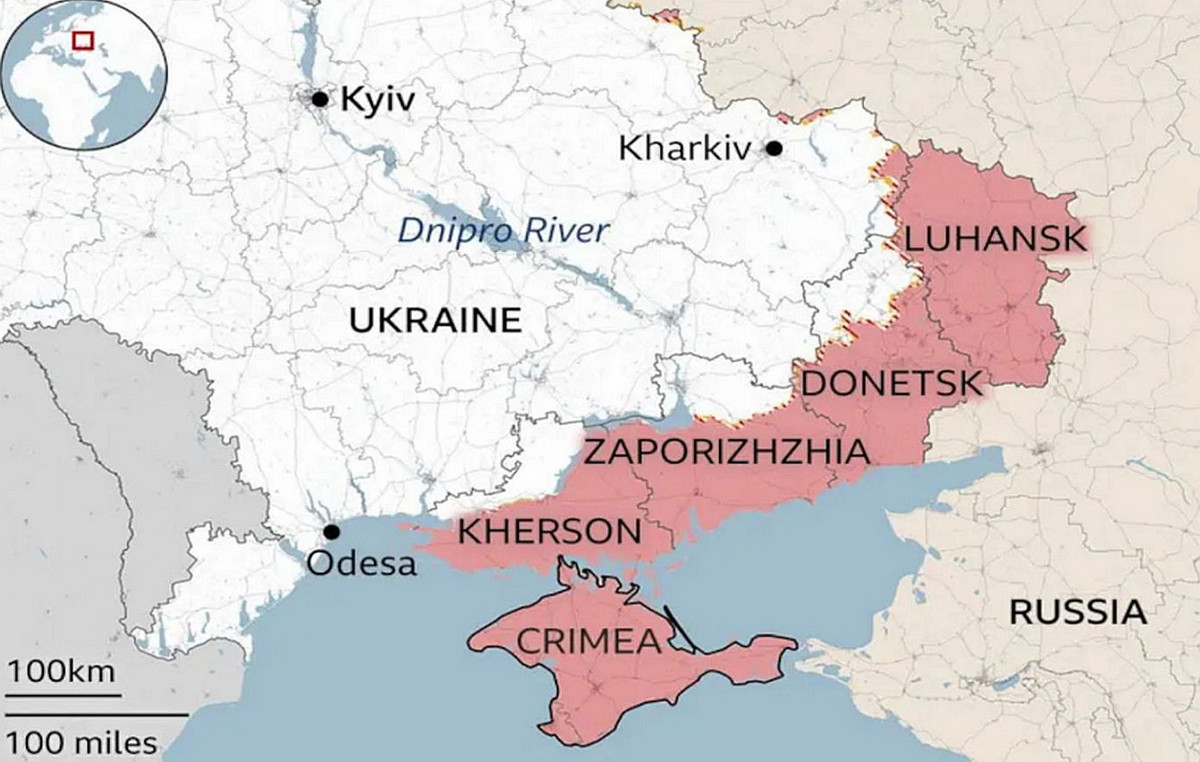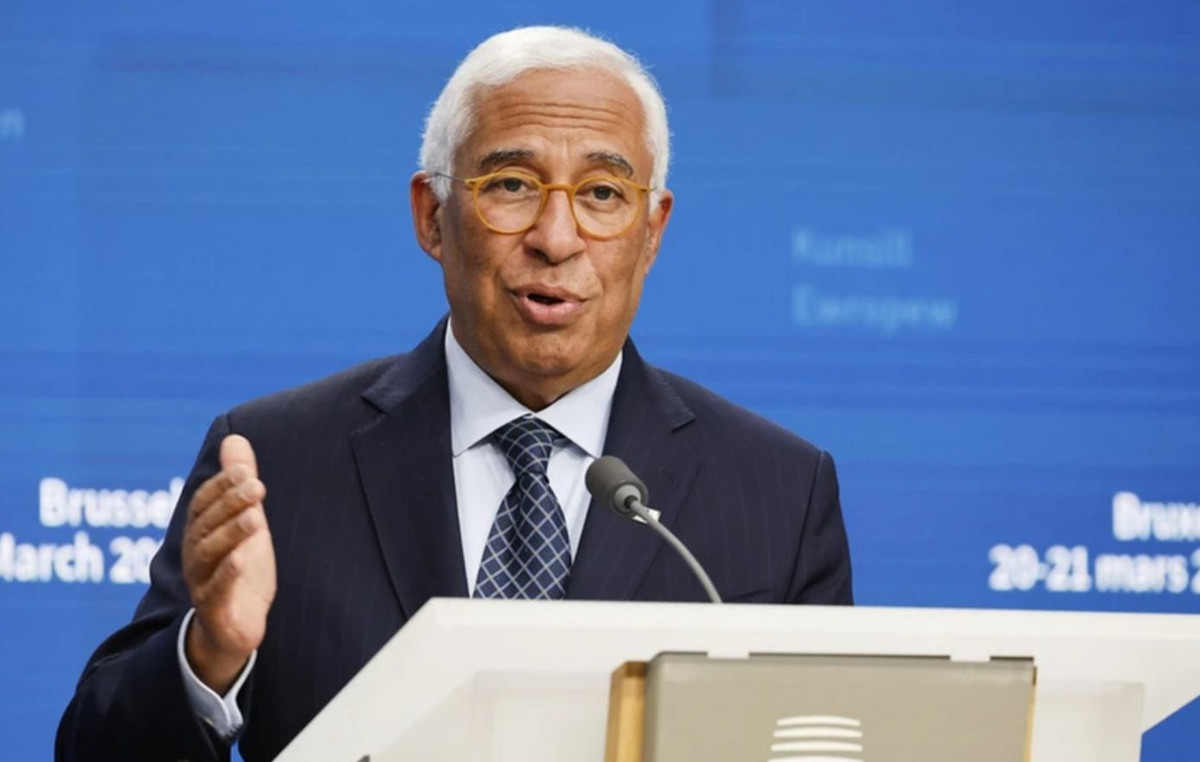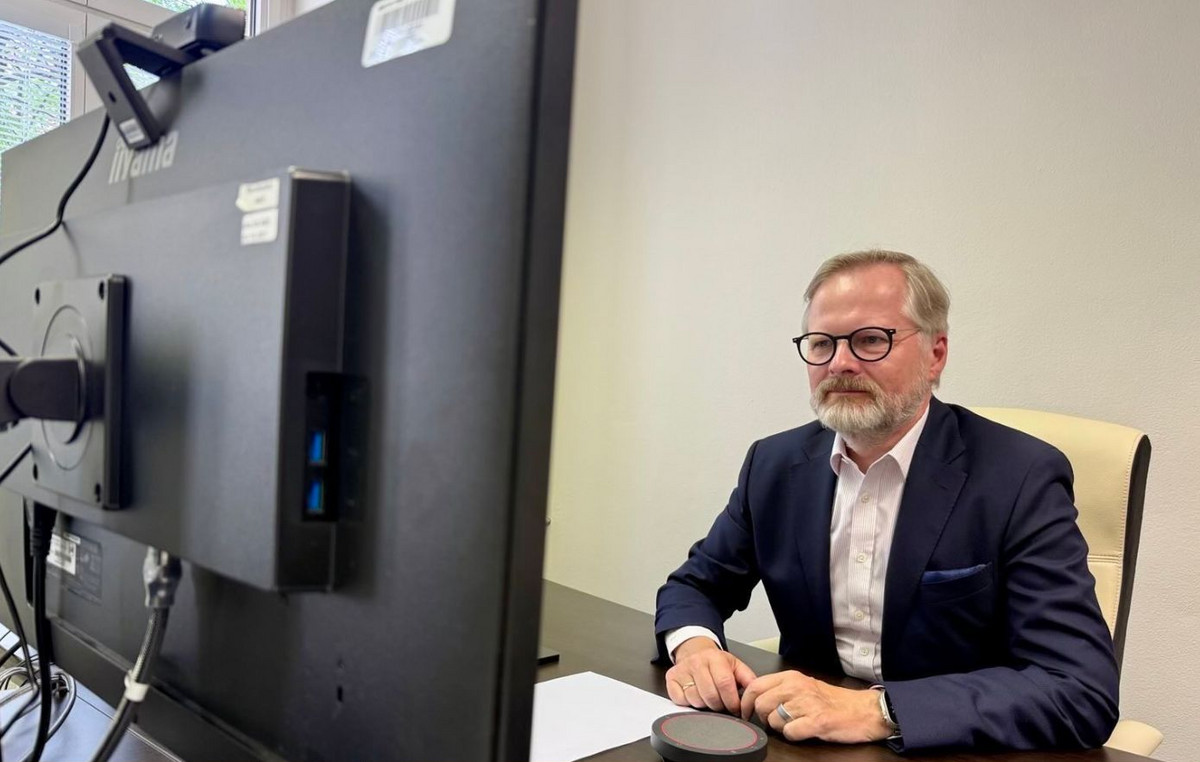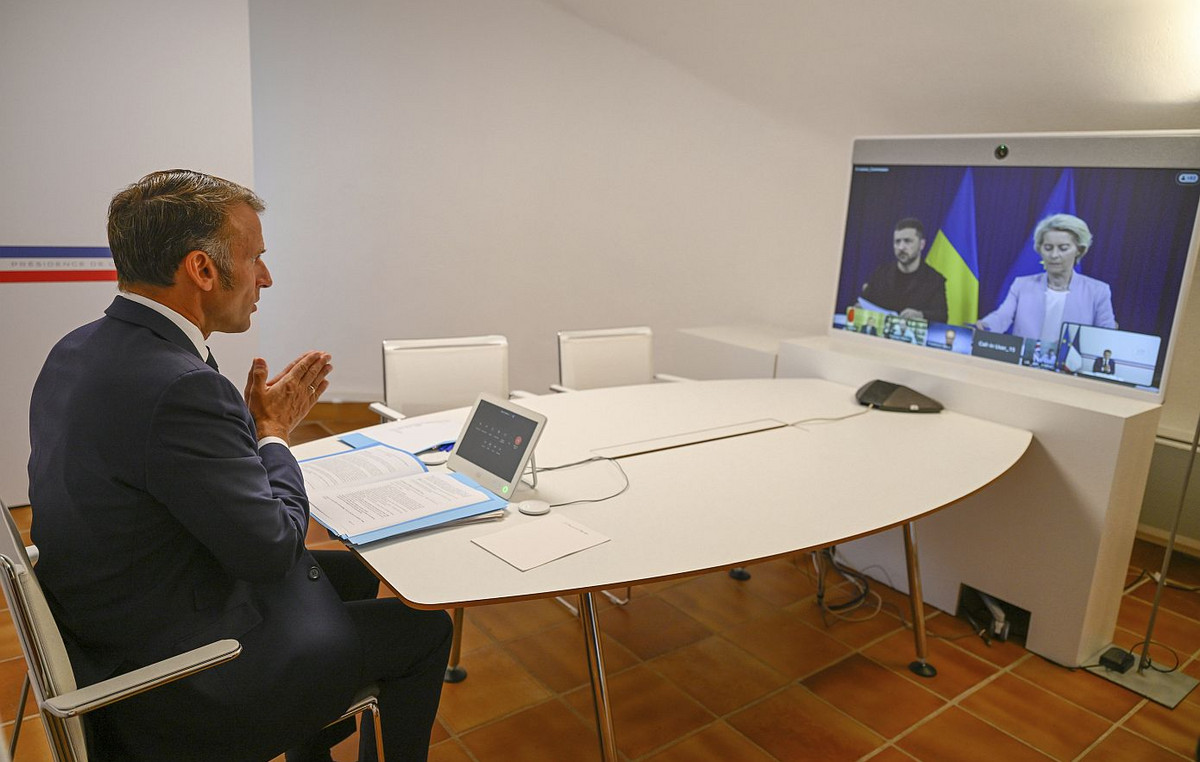The association that represents supermarkets in Brazil estimates that about 50% to 60% of the extra resources made available to families through the aid approved in the Benefits PEC could be allocated to the sector, although the data are preliminary.
“We believe that something around 50%, 60%, of this amount would come to household consumption”, said Márcio Milan, institutional and administrative vice president of Abras, this Thursday (14) to journalists.
The calculations are not finalized, and they take into account, according to him, all the benefits linked to the Proposed Amendment to the Constitution (PEC), such as the increases in Auxílio Brasil and Auxílio Gás and the creation of aid for truck drivers and taxi drivers.
Milan also mentioned the fact that bars and restaurants are open, which was not the case at the height of the Covid-19 pandemic, which should generate additional demand from these establishments.
Abras maintained its estimate for 2022 of growth of 2.8% in household consumption, an indicator prepared by the entity and which includes sales of all food retail formats operated by the supermarket sector.
Milan said, however, that the projection could be revised in July.
The so-called PEC of Benefits, approved in the Chamber of Deputies the day before, raises Auxílio Brasil from 400 to 600 reais monthly until the end of the year and inflates or creates other social programs.
Critics draw attention to the estimated fiscal impact of BRL 41.25 billion and the proximity of the elections.
The measures are valid only until the end of the year and the expectation is that the benefits will start to be paid from August.
The PEC can now be promulgated, which should take place this week in a session of the National Congress.
Milan said supermarkets are carrying out “more planned and structured negotiations” with the food industry to assess the need for some price increases.
The executive denied that there is a risk of a broad shortage of products on the shelves, stressing however that individual ruptures are normal for the sector’s operation.
leftovers
Regarding press reports that show the sale by supermarkets of food leftovers, such as chicken skin and bones, to the population, Milan said that these are “one-off” cases in certain stores and regions.
He also said that the sale of this type of product often occurs “as a way of showing alternatives to the consumer who is looking for something different”.
He said that the sector sells products in line with the legislation and regulation of the health agency Anvisa.
Consumption in Brazilian homes grew 0.39% in May compared to the same period of the previous year, Abras announced, but fell 3.47% compared to April due, according to Milan, to the strong basis of comparison with the month of Easter. , traditionally the second best of the year for supermarkets.
Source: CNN Brasil
I am Sophia william, author of World Stock Market. I have a degree in journalism from the University of Missouri and I have worked as a reporter for several news websites. I have a passion for writing and informing people about the latest news and events happening in the world. I strive to be accurate and unbiased in my reporting, and I hope to provide readers with valuable information that they can use to make informed decisions.







